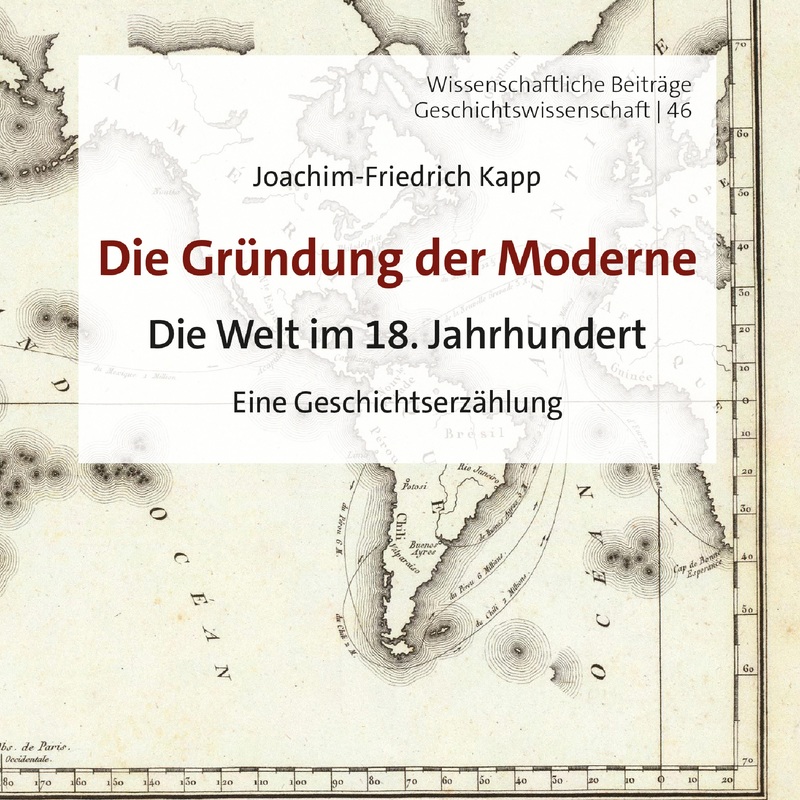Search
Früher fand sie es todlangweilig - She used to find it deadly boring
DOI: 10.17160/josha.8.3.762
Due to the pandemic, many projects and trade fairs have been cancelled. The gallery was closed during the lockdown and has only opened again since the end of April. However, the gallery team saw the time as an opportunity to focus specifically on individual collectors. "Galleries rarely live from walk-in customers anyway," says Andreae. However, the demand during the time increased much more than expected: Many people were specifically looking for a change in the monotonous Corona everyday life. "One noticed very clearly that art was very important to the people, especially at this time." Many museums and galleries have therefore started to digitize their archives as an alternative and are now offering "live talks" on social networks such as Instagram.
Wie Gefangene im eigenen Zimmer - It's just like being held Hostage in your own Room
DOI: 10.17160/josha.8.3.759
Since students in Germany have been sent to homeschooling again and again for a year, some problems have developed. Normal lessons have been replaced by a digital device, teachers can only be seen in a small window on the screen and your own room is no longer the place to relax and withdraw. No! The constant lessons in your own room make it difficult to leave the stress of school behind after class and to separate the private from the school. Due to the contact restrictions and the lack of hobbies, students hardly leave the house and spend almost all of their time in their own room. A structured and varied daily routine is not impossible, but it is still superfluous for many students, because every look into the room reminds you of school and this causes stress over and over again.
Das Ende der Evolution - The End of Evolution
DOI: 10.17160/josha.8.2.752
The rapid disappearance of biodiversity and the influence of humans. Many scientific studies show: We have been experiencing massive species extinction worldwide for several decades. And it's man-made. The biodiversity of our planet is in danger, with far-reaching and unforeseeable consequences for nature and humans. The decline in biodiversity is just not as visible as climate change, for example. Nevertheless, it is high time to take countermeasures, in both political and private life.
Der Preis des wissenschaftlichen Publizierens - The Price of scientific publishing
DOI: 10.17160/josha.8.2.741
Scientific work is largely paid for by the state and thus with public funds - tax revenues. But to read them and use them freely, you have to pay for expensive scientific journals. Most of these journals are in turn subscribed to by universities and institutions, but they also have to pay for them, and it is difficult for people who are not members of these institutions to get direct access to the latest research results. https://xn--jrg-friedrich-imb.de https://kritikdervernetztenvernunft.de
Künstliche Intelligenz in der Krebsforschung und Biomedizin - Artificial Intelligence in Cancer Research and Biomedicine
DOI: 10.17160/josha.8.1.739
Artificial Intelligence opens up huge possibilities in a variety of sectors. Imagine that doctor reports can be evaluated mechanically, complex, even unstructured data of hospital information technology can be derived in content specific information. In regard to the AI approval and publication, an ethical approach is of utmost importance for further development. If we follow the principles of trustworthy ethical AI, then AI will make a decisive contribution to making the lives of many people better. Presentation has been held on October 22nd, 2020 at the Symposium "KI and Krebs - Erkenntnisgewinnung in der Krebsforschung durch künstliche Intelligenz" at Haus der Industrie in Vienna. AF Institute: https://www.af-institute.at
Artificial Intelligence and mathematical Models in Research and applied Oncology and Hematology
DOI: 10.17160/josha.8.1.736
Since there is an infinite number of mutations that cause cancer, and even more possible combinations than there are molecules in the universe (Califano, Science 2020), the question arises whether the conventional approach of cancer research in the laboratory ("trial-error-trial") ) is realistic to recognize the important cancer-related patterns. Artificial intelligence has already shown that it can learn to recognize patterns in complex data structures such as face recognition. This approach is already being used in the discovery of new antibiotics and should also drive the discovery of novel cancer drugs. The extent to which these findings will find their way into clinical cancer therapy remains to be seen. The next step is the validation of these theoretical findings "in vitro" on cancer cells, followed by animal experiments and clinical studies. The results so far are optimistic, but the path to the clinic will still pose a lot of challenges for science. Vortrag fand am 22.10.
nonsolo Verlag: Mut zu mehr Diversität im deutschen Verlagswesen - Courage for more Diversity in the German publishing Industry
DOI: 10.17160/josha.8.1.730
No doubt that articles written by Italian authors are represented on the German market. On closer inspection though, it becomes apparent that the focus is mostly on the well-known, big names. This leads to an outdated image about Italy and the Italian culture. nonsolo - a publisher based in Freiburg, Germany gives young Italian authors the chance to make their work know in the German market.
Auf einmal Laborratte - Suddenly a laboratory Rat
DOI: 10.17160/josha.7.6.729
The big publishers have discovered a new business area: monitoring scientists and selling their data. This gives you a far-reaching influence on research. The European Union urgently needs to intervene. Previously published: FAZ, 02.12.2020
Unter DEAlern - Amongst DEALers
DOI: 10.17160/josha.7.6.727
The major publisher Springer Nature joins hands with the Chinese censorship. The German “Alliance of Science Organizations” sees no issue and does business as usual. Der Großverlag Springer Nature macht sich mit der chinesischen Zensur gemein. Die deutsche „Allianz der Wissenschaftsorganisationen“ sieht darin kein Problem und macht mit ihm Geschäfte.
Menschenrechte, Institutionen des Staates. Die zukünftige Gesellschaftsordnung - Human Rights, Governmental Institutions, and the Future of Society.
DOI: 10.17160/josha.7.6.723
Joachim-Friedrich Kapp Series 3 of 3 The 18th century marks the beginning of an age of innovation that continues to this day. At first sight, conflicts of old and the emergence of new powers as well as the emergence of a new, industrialized economy seem to be defining for this era. But behind it are fundamental upheavals in art, culture, science and philosophy. This new way of thinking and feeling is what makes the emergence of the modern possible in the first place. "The founding of modernity" therefore not only offers a comprehensive overview of an underestimated century, its events and effects on all the powers of an already networked world. Rather, an entire epoch, including its outstanding minds, is brought back to life here. Quellenangabe: Joachim-Friedrich Kapp, Die Gründung der Moderne. Die Welt im 18. Jahrhundert Eine Geschichtserzählung Wissenschaftliche Beiträge aus dem Tectum Verlag: Geschichtswissenschaft, Bd. 46 ISBN 978-3-8288-4484-1 pp.









